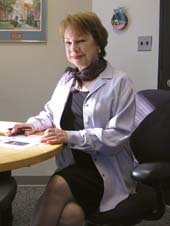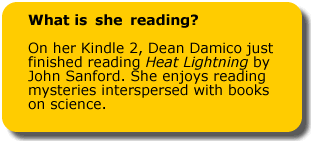
|
|
I was recently reminded that we are in the midst of the United Nations’ Literacy Decade (2003-2012). This initiative aims to extend the use of literacy to those who do not currently have access. Over 861 million adults are in that position, and over 113 million children are not in school and therefore not gaining access to literacy either. The Decade is focusing on the needs of adults with the goal that people everywhere should be able to use literacy to communicate within their own community, in the wider society, and beyond. This got me to thinking about how much literacy has changed over the last few decades. It used to be that literacy meant, simply, the ability to read and write. Literacy still implies the ability to use language and to communicate, but the meaning—and the impact—has expanded to signify much more. Today, literacy means the difference between getting ahead and being left behind. New terms have been coined over the years: computer literacy, cultural literacy, arts literacy, and media literacy to name a few. Among other things, what these terms indicate is our need to use reasoning and mathematical concepts, critically analyze information, and understand politics and international relations in order to make decisions about our lives. We also need to continually refine and appreciate our ability to express ideas and opinions in order to participate positively in society as active citizens, workers, and lifelong learners. It is no longer enough to only read and write. Reading should no longer be a compartmentalized subject. Rather, it is a skill that should be integrated into every subject and every aspect of our lives. Kofi Annan, Ghanaian diplomat, seventh secretary general of the United Nations, and co-recipient of the 2001 Nobel Peace Prize, said, “Literacy is a bridge from misery to hope. It is a tool for daily life in modern society. It is a bulwark against poverty and a building block of development, an essential complement to investments in roads, dams, clinics and factories. Literacy is a platform for democratization, and a vehicle for the promotion of cultural and national identity. Especially for girls and women, it is an agent of family health and nutrition. For everyone, everywhere, literacy is, along with education in general, a basic human right. Literacy is, finally, the road to human progress and the means through which every man, woman, and child can realize his or her full potential.”
I couldn’t have said it better myself.
Sandra
Bowman Damico |



